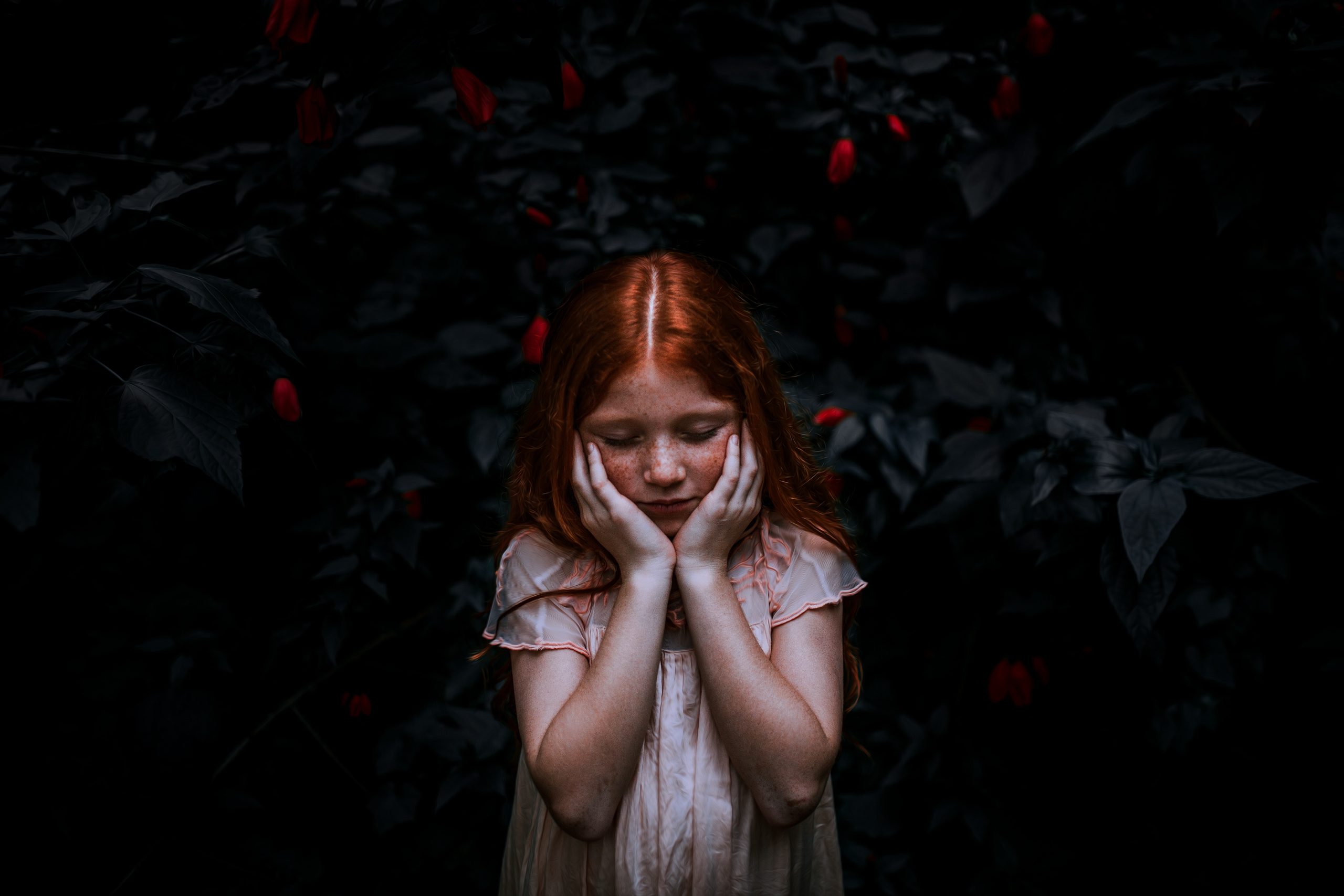The problem of child sexual abuse isn’t restricted to any particular group; rather, it’s a problem that affects children and families of all races and socio-economic backgrounds. We found some frightening statistics from rainn.org that drive home the reality of this problem.
According to the anti-sexual violence organization, between the months of April 2016 and March 2017, a total of 57,329 cases of child molestation were substantiated in the United States. Considering the fact that many of these cases often go unreported, it’s easier to see how dangerously common this crime against children is. Children who are being abused may not immediately disclose it but they may show behavioural and physical changes. This is why it’s important for parents and caregivers to know the warning signs of child sexual abuse or molestation.
Warning signs of child sexual abuse or molestation
Children will show warning signs of child sexual abuse or molestation in different ways. Age is a major factor that affects how any child will be affected by sexual abuse. While it may not be easy for you to spot these signs, you can look out for any of the following:
Changes in behaviour
- Age-inappropriate sexual behaviour e.g. children under 5 fondling their private parts
- Sexualized play that features intimidation
- Sexual comments or language
- New and unusual names for their private parts
- Unusual but persistent refusal to go or be with certain people
- Regression in developmental milestones e.g. bedwetting or soiling themselves or the bed
- Display of clingy behaviour, withdrawal, and increased irritability
- Complaints of stomach aches or headaches
- Presence of new toys or gifts that are not from you
These are some of the more common signs in young children. Nonetheless, that a child is showing any of these signs, doesn’t necessarily mean there has been sexual abuse. However, if they’re accompanied by other signs it’s important for you to talk to the child about it. This also applies to older children.
Behavioural signs of sexual abuse in older kids
- Depression
- Withdrawal from social activities
- Distracted and distant
- A drastic change in dressing, haircut, and general appearance in the hopes of appearing less attractive to their abusers
- Poor attention to hygiene
- Anxiety and angry outbursts
- Failing grades or a drop in grades
- Unexplained gifts or extra money
- Sexual promiscuity
- Self-harming (e.g. cutting)
- Change in appetite
- Substance abuse
Physical signs of sexual abuse or molestation
The presence of any or all of the following, in addition to any of the behavioural changes, is a strong indicator that a child may have been sexually abused or molested:
- Bruising or redness of the genitals or private parts
- Discharge from the vagina or penis
- Presence of sperm
- Pain or bleeding in the anus
- Trouble swallowing
- STIs
- Pregnancy
What next?
If you’re approached by your child – or any child at all – with a report of sexual abuse, your response should be reassuring. Responding this way encourages the child to open up and talk about the experience. If you don’t know who and how to report the case, consider taking the child to a pediatrician. They’ll examine the child, ask the appropriate questions and refer them to appropriate agencies with trained counselors.
If you don’t see any of the warning signs of child sexual abuse but have a gut feeling that something is wrong, you should talk to the child. There have been occasions where sexually abused children did not show any signs of abuse so it’s important to act on those feelings. Talk to your child about how they feel about whomever you suspect and if there’s something they’d like to tell you.
If you suspect a child is being abused, you might be reluctant to report it because you’re unsure. However, reporting your suspicions might just be the best thing you’ll do for them at that point in time. Simply place a call to the relevant agencies and you’ll get help figuring it out.
You can get help from any of these agencies:
- Rape, Abuse & Incest Network (RAINN) or call 800-656-HOPE (4673)
- Childhelp USA or call 1-800-4-A-CHILD or 1-800-422-4453
- StopItNow or call 1.888.PREVENT
If you’d like to know how to protect your child from molestation, click here.
